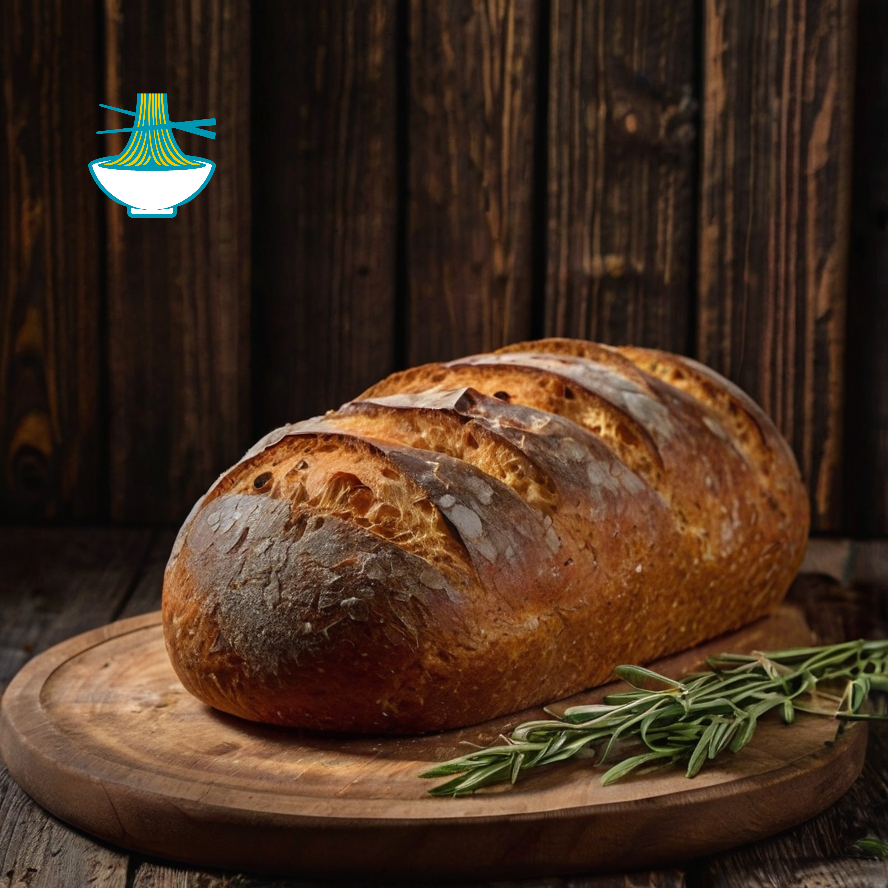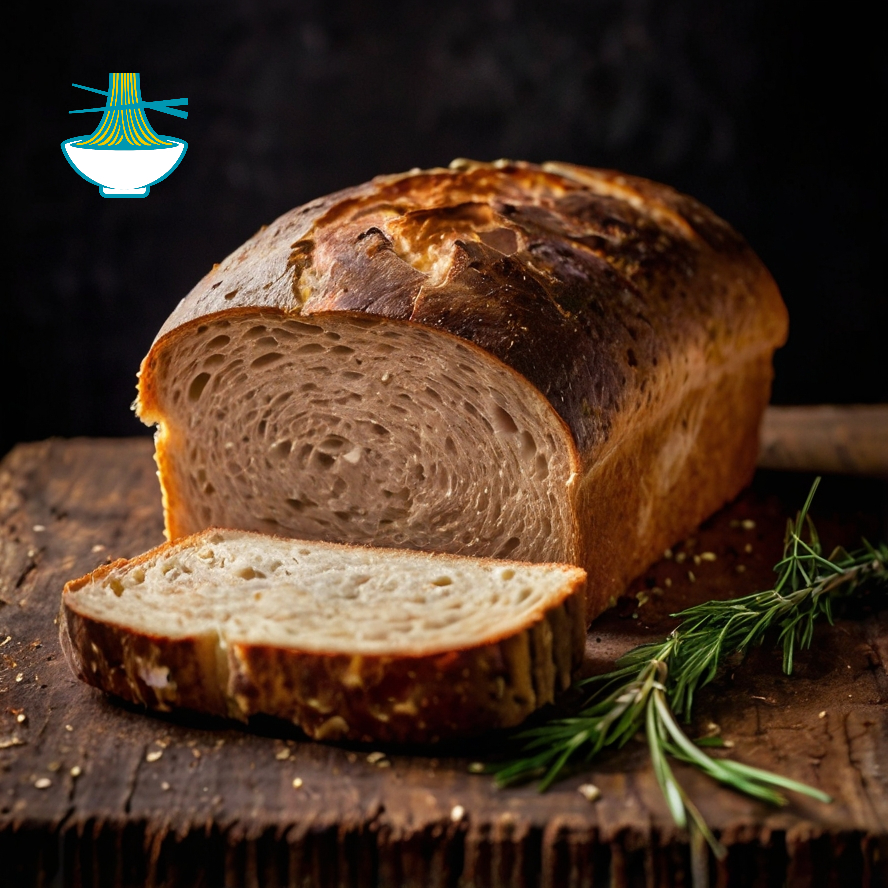Homemade bread, known as "pâine de casă" in Romanian, is a cherished culinary tradition. This recipe yields a dense and hearty loaf, often baked in a traditional wood-fired oven. Combining simple ingredients like flour, water, yeast, and salt, the dough is kneaded to perfection before being shaped and left to rise. The use of a wood-fired oven adds a rustic flavor and enhances the bread's texture. The result is a crusty exterior with a soft and chewy interior, perfect for any occasion.
The tradition of making homemade bread dates back centuries, rooted in the agricultural practices of rural communities. In Romania, the art of breadmaking has been passed down through generations, with each family adding its own unique touch to the recipe. Historically, bread was a staple food, symbolizing sustenance and community. The use of wood-fired ovens was common in traditional Romanian households, providing an efficient and flavorful method of baking bread. Today, while modern conveniences have altered some aspects of breadmaking, many continue to cherish the tradition of crafting homemade bread, keeping the rich history and cultural significance alive.
Ingredients:
- 500g all-purpose flour
- 300ml warm water
- 7g active dry yeast
- 1 teaspoon salt
Method:
- In a large mixing bowl, combine the warm water and yeast. Let it sit for about 5 minutes until the yeast activates and becomes foamy.
- Add the flour and salt to the bowl. Mix until a dough forms.
- Transfer the dough to a floured surface and knead for about 10 minutes until it becomes smooth and elastic.
- Place the dough in a lightly greased bowl, cover with a clean kitchen towel, and let it rise in a warm place for about 1 hour or until it doubles in size.
- Preheat your oven to 220°C (425°F). If using a wood-fired oven, prepare it for baking.
- Punch down the risen dough to remove air bubbles, then shape it into a loaf or desired shape.
- Place the shaped dough onto a baking sheet or into a lightly greased bread pan. Slash the top of the dough with a sharp knife.
- Bake the bread in the preheated oven for 25-30 minutes, or until golden brown and hollow-sounding when tapped on the bottom.
- Remove the bread from the oven and let it cool on a wire rack before slicing and serving. Enjoy your homemade pâine de casă!
Nutrition Value:
500g All-Purpose Flour:
- Calories: Approximately 1,760 kcal
- Carbohydrates: Around 368g
- Protein: Roughly 50g
- Fat: Minimal (less than 5g)
- Sodium: Negligible (less than 10mg)
- Cholesterol: None
- Vitamins: Contains small amounts of B vitamins, particularly niacin and riboflavin
- Minerals: Contains small amounts of iron and zinc
Benefits: Flour provides complex carbohydrates, which are the body's main source of energy. It also contains protein for muscle repair and growth, as well as small amounts of vitamins and minerals that contribute to overall health.
300ml Warm Water:
- Calories: None
- Carbohydrates: None
- Protein: None
- Fat: None
- Sodium: None
- Cholesterol: None
- Vitamins: None
- Minerals: None
Benefits: While water itself doesn't provide any macronutrients, it's essential for hydrating the body and aiding in various bodily functions, including digestion and nutrient absorption.
7g Active Dry Yeast:
- Calories: Approximately 23 kcal
- Carbohydrates: Around 3g
- Protein: Roughly 3g
- Fat: Minimal (less than 1g)
- Sodium: Varies but typically low (less than 10mg)
- Cholesterol: None
- Vitamins: Good source of B vitamins, particularly B1 (thiamine) and B2 (riboflavin)
- Minerals: Contains small amounts of iron, magnesium, zinc, and potassium
Benefits: Yeast provides protein and B vitamins, which are essential for metabolism and energy production. It also contains minerals that support various bodily functions.
1 Teaspoon Salt:
- Calories: None
- Carbohydrates: None
- Protein: None
- Fat: None
- Sodium: Approximately 2,300mg
- Cholesterol: None
- Vitamins: None
- Minerals: Contains sodium
Benefits: While salt itself doesn't provide any macronutrients, it enhances flavor and helps to balance other flavors in the bread. However, excessive salt intake should be avoided due to its association with high blood pressure and other health issues.


Comments